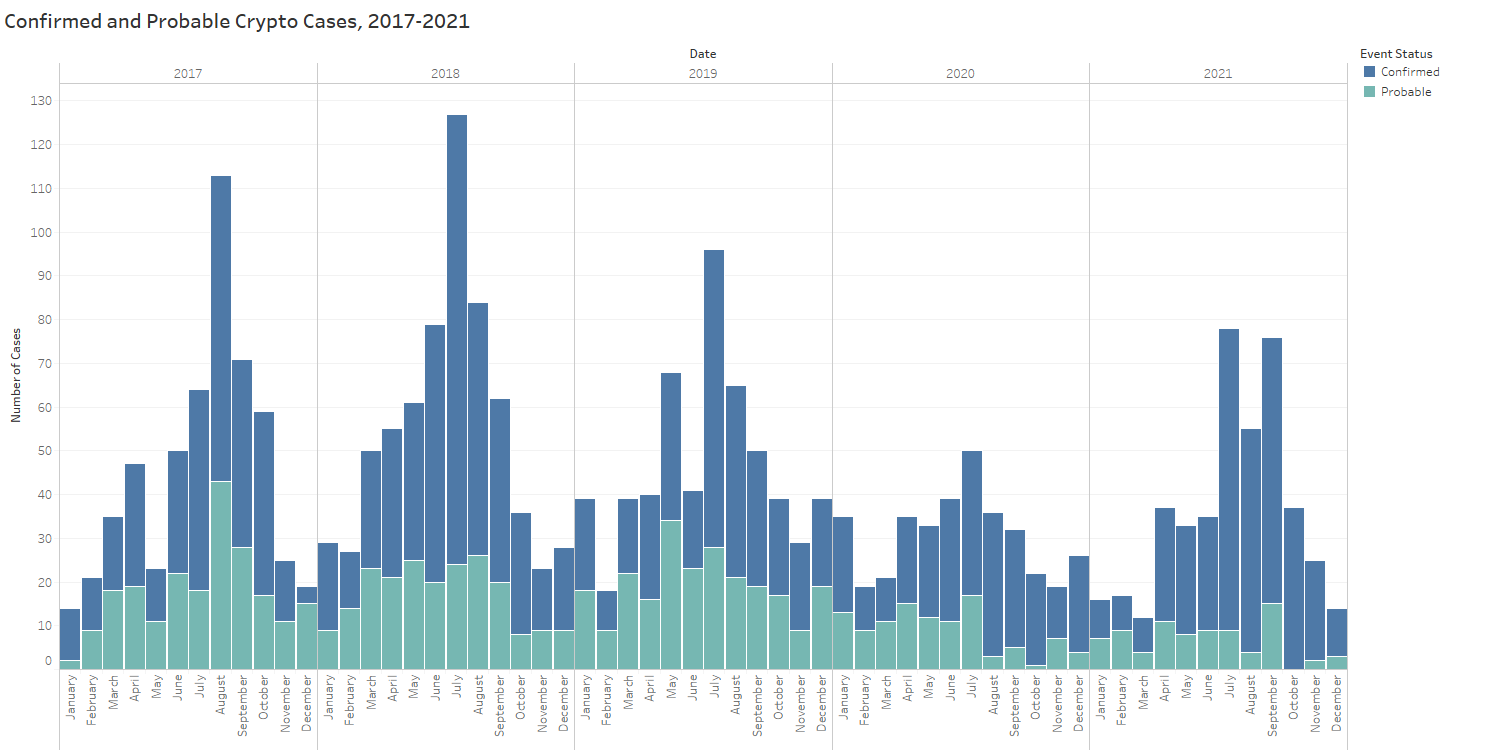Cryptosporidium
Definition
Cryptosporidiosis (often called crypto) is a diarrheal disease caused by a protozoan called Cryptosporidium parvum. The parasite can cause disease in both animals and humans. People usually catch cryptosporidiosis by coming in contact with persons or animals shedding the parasite, or drinking contaminated water. Most people with normal immune systems recover within about 30 days from the illness. However, in people with impaired immune systems (people with HIV/AIDS or people with organ transplants) the disease may be fatal.
Cryptosporidiosis is reportable to the Iowa Department of Public Health by Iowa Administrative Code 641 chapter 1.
Symptoms
Many people who become infected exhibit no symptoms at all. However, the most profound symptom of cryptosporidiosis is frequent, watery diarrhea. Other symptoms include:
- Abdominal cramping
- Headache
- Nausea
- Vomiting
- Low-grade fever
Symptoms often come and go. They tend to last about 30 days or less in people with normal immune systems. Unfortunately, in people with impaired immune systems like HIV/AIDS patients, the parasite cannot be cleared from the body. In these cases, the disease may be prolonged and even lead to death.
Causes
The protozoa are found in the feces of infected individuals and animals. The typical ways it infects humans are:
- Person-to-person. Many people are infected by hand-to-mouth transfer of the parasite from the feces of an infected person. This method of infection is especially common in day care centers. Sexual contact is another way one person can infect another person with this parasite.
- Animal-to-person. People who commonly work with animals can become infected when they handle infected animal stool without taking the proper precautions such as wearing gloves or washing their hands afterwards.
- Foodborne. Food can become contaminated with stool containing the parasite when a food handler does not properly wash their hands after using the toilet. Unpasteurized apple cider and dairy products have also been cited as sources of infection.
- Waterborne. Forms of the parasite are very resistant to normal disinfectants. Therefore, they can survive in water sources that are commonly used for drinking and infect many people.
Risk Factors
Anyone can become infected with Cryptosporidium parvum. However, the most likely people to become infected are:
- Children over 2 years old
- Animal handlers such as veterinarians or farmers
- Travelers
- Men who have sex with men
- Close contacts of infected persons
Prevention
Cryptosporidiosis may be avoided by following the proper precautions which include:
- Wash hands after using the bathroom and before handling food
- Make sure infants and children wash their hands after diapering or going to the bathroom
- HIV-infected individuals should avoid drinking water directly from lakes or rivers
- Avoid unpasteurized apple cider and dairy products
- Follow “safe sex” guidelines and avoid sexual practices that may result in contact with stool
- If you are a caregiver for a cryptosporidiosis patient, wash your hands after bathing the patient, emptying their bedpans, changing soiled linens, or otherwise coming into contact with stool. Remember, gloves are not a substitute for hand washing. When gloves are removed, wash your hands.
Treatment
People who are healthy often improve without taking any medications. They should drink plenty of fluids to prevent dehydration due to diarrhea. Make sure to consult with a health care provider if you have any questions about your health or before taking any anti-diarrheal medication.
Statistics
There were 435 cases of cryptosporidiosis reported in Iowa in 2021, or 13.6 cases per 100,000 people.
For more detailed information and statistics on all notifiable diseases, please see our current annual report located in the reports section of the CADE homepage.

Additional Resources
Public
Public Health
Schools
Business and Childcare
Health Care Providers